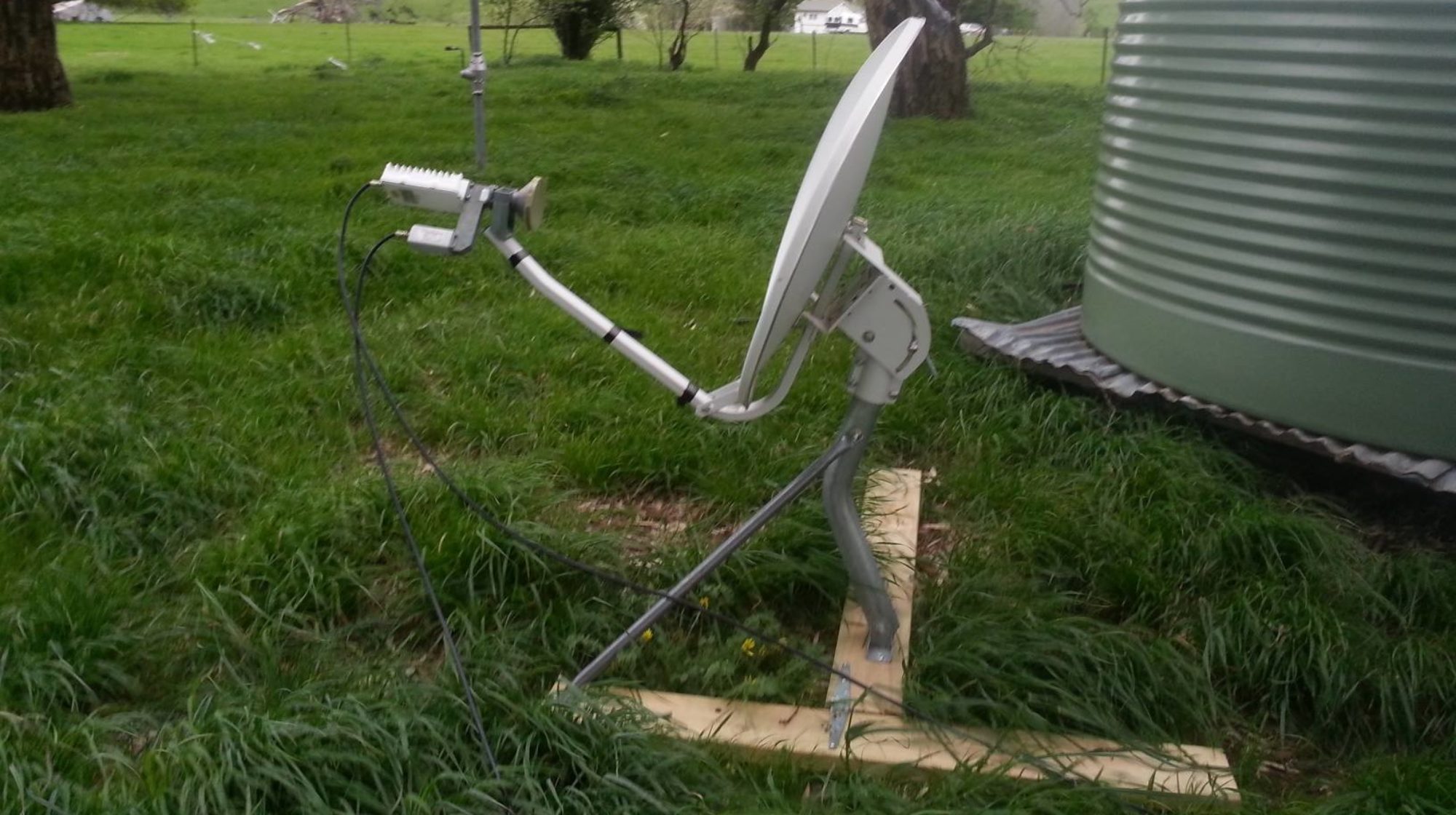The ‘Web of Things’ is a term used to describe approaches to software development that allow real-world objects to be part of the semantic web.
Instrumentally, Web of Things related works incorporate the use of linked-data & whilst most of the documentation relates in-turn to the use of HTTP URIs, DIDs also work; which in-turn briefly considers means through which passive objects (such as coffee cups) can be tagged to become part of the ‘web of things’ sphere of knowledge (“infosphere”), alongside the means through which ‘sensing’ (such as computer vision tools) and related semantics, whether made to be part of the ‘commons‘ or otherwise; Part of the challenge is going to be, how to technically manage an ‘internet of things’ Future.
- How will these systems work for environments with those known to them, alongside others.
- How will these systems be made interoperable with other systems?
- How will apps and the means to use these systems, be made scalable?
- How will ‘things’ as tools, be made best use of to speed development?
- Who is the beneficial owner to things? Who must have access to them?
- Upon what basis are we made to rely upon ‘things’ that interweave into our world?
- Will we need a subscription or can we still buy products?
Traditional “API” based approaches to the development of IoT can not scale in the same way a ‘Web of Things’ approach brings about through means that are otherwise impossible for almost any other alternative.
Important links about Web of Things can be found in the links section, alongside other posts such as the quick intro to Web of Things post.
Amongst the other considerations that are notably added herein; is a consideration that i’ve only recently considered with respect to the choices made by the solid team, in electing to develop a nodejs based solid-server. Should it be required that people will require a local server to preserve the means through which they operate their environments (ie: homes, cars, boats, etc.) this nodejs environment being built; would suit those needs well, although it is also considered that it would in-turn benefit greatly, through the additional services able to be offered by way of a knowledge banking industry.
